
The world’s oceans, covering over 70% of the Earth’s surface, are vital for sustaining life on our planet.
Yet, they are facing an unprecedented crisis due to pollution caused by human activities. Pollution in marine environments, ranging from plastic debris and chemical contaminants to oil spills and nutrient runoff, poses grave threats to marine species and ecosystems.
The consequences of this pollution are far-reaching and severe, impacting marine life in diverse and devastating ways.
Plastic Pollution
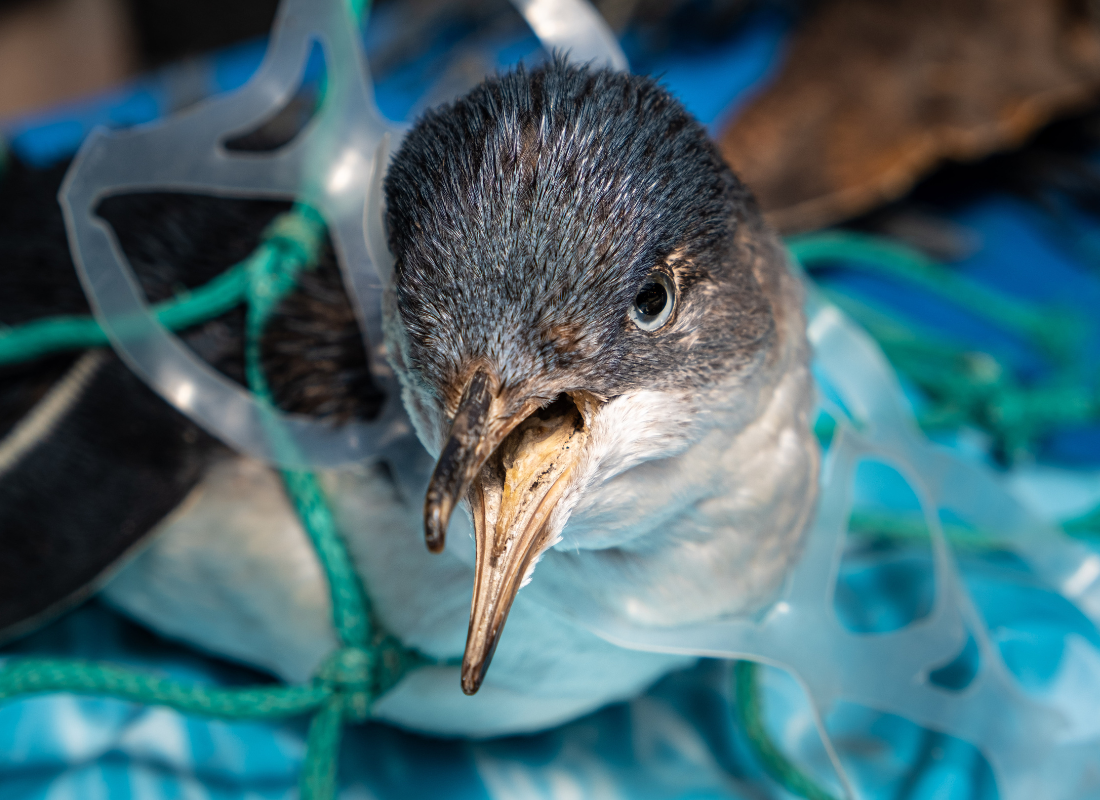 Plastic pollution has become one of the most pressing environmental issues of our time.
Plastic pollution has become one of the most pressing environmental issues of our time.
Every year, millions of tons of plastic waste enter the oceans, posing a significant threat to marine species. From seabirds and fish to marine mammals and turtles, marine animals are ingesting plastic debris or becoming entangled in discarded fishing gear. This ingestion and entanglement can lead to internal injuries, starvation, and death.
Moreover, plastics do not biodegrade but break down into smaller fragments known as microplastics, which can be ingested by a wide range of marine organisms, ultimately entering the food chain and posing risks to human health.
Chemical Contaminants
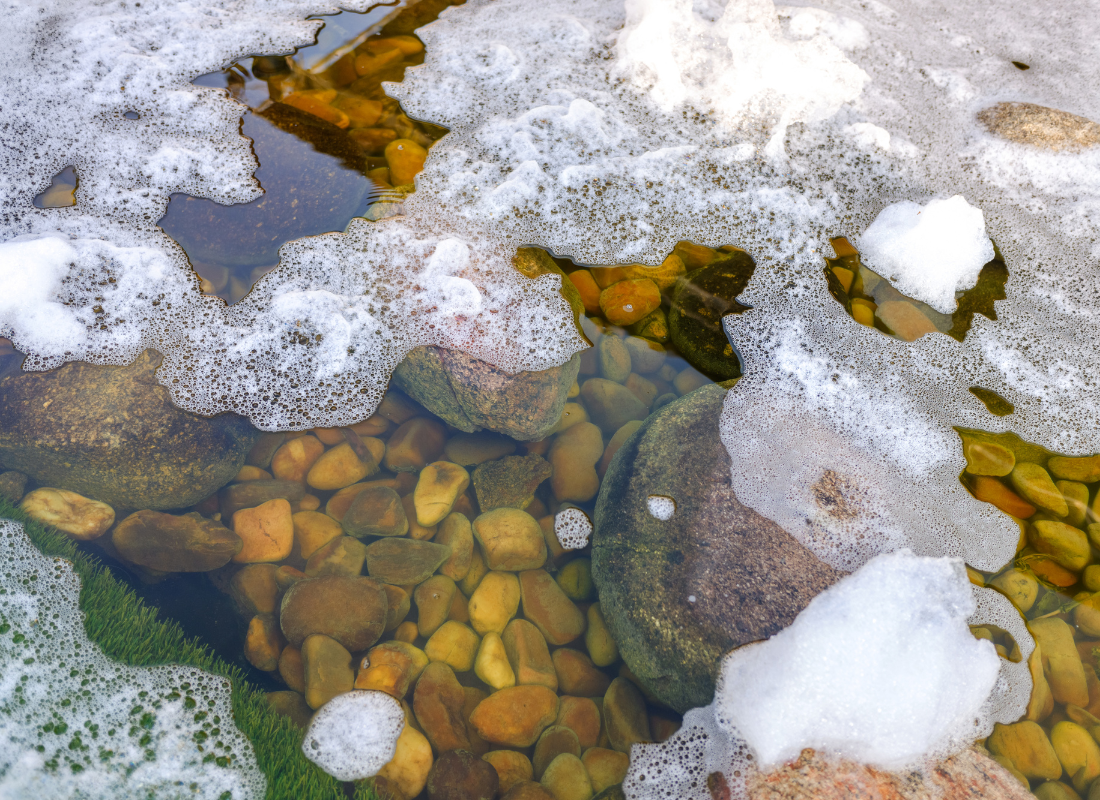 Chemical pollutants, including heavy metals, pesticides, and industrial chemicals, contaminate marine environments and pose serious risks to marine species.
Chemical pollutants, including heavy metals, pesticides, and industrial chemicals, contaminate marine environments and pose serious risks to marine species.
These pollutants can accumulate in the tissues of marine organisms, leading to a range of adverse effects, including reproductive abnormalities, immune suppression, and neurological damage.
Bioaccumulation and biomagnification of these contaminants can result in high concentrations in upper trophic levels, such as predatory fish and marine mammals, posing risks to human health through seafood consumption.
Oil Spills
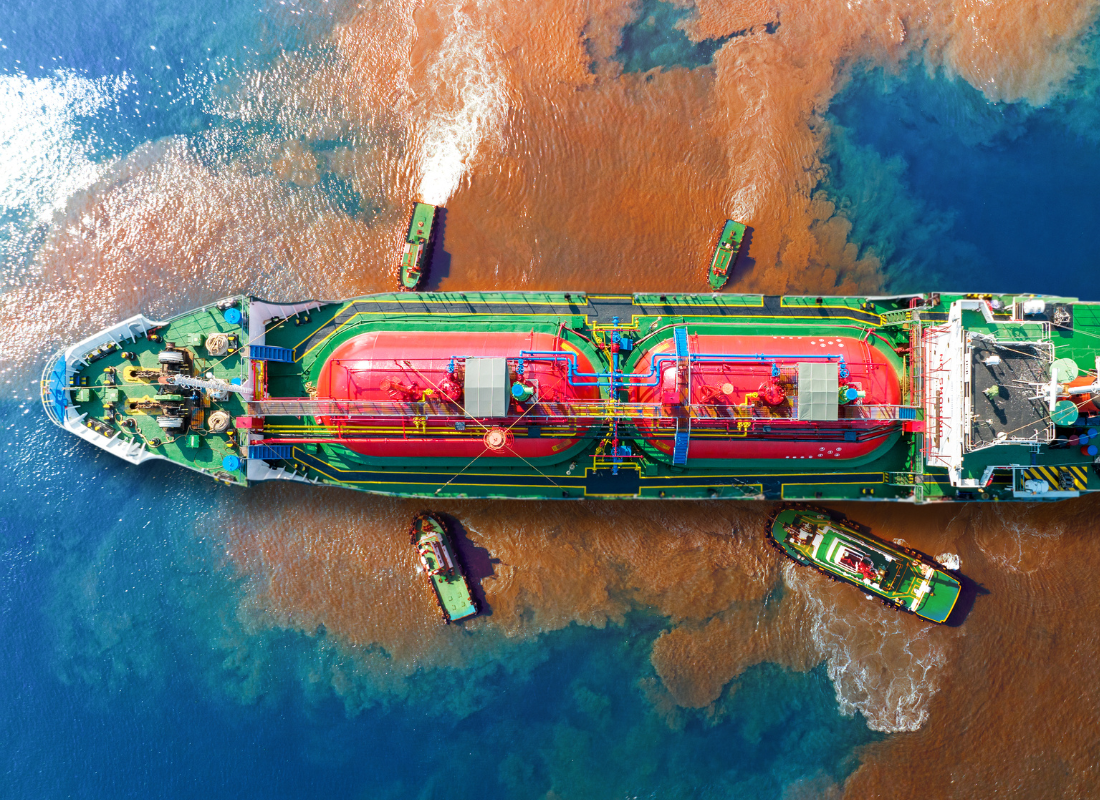 Oil spills, whether from offshore drilling operations, tanker accidents, or illegal discharges, have catastrophic consequences for marine ecosystems.
Oil spills, whether from offshore drilling operations, tanker accidents, or illegal discharges, have catastrophic consequences for marine ecosystems.
Oil coats the feathers of seabirds, impairs the insulation properties of marine mammals’ fur, and damages the delicate tissues of corals and other marine organisms.
Additionally, oil spills can contaminate coastal habitats, such as mangroves and salt marshes, which serve as critical nurseries and breeding grounds for many marine species, leading to long-term ecological damage and habitat loss.
Nutrient Pollution
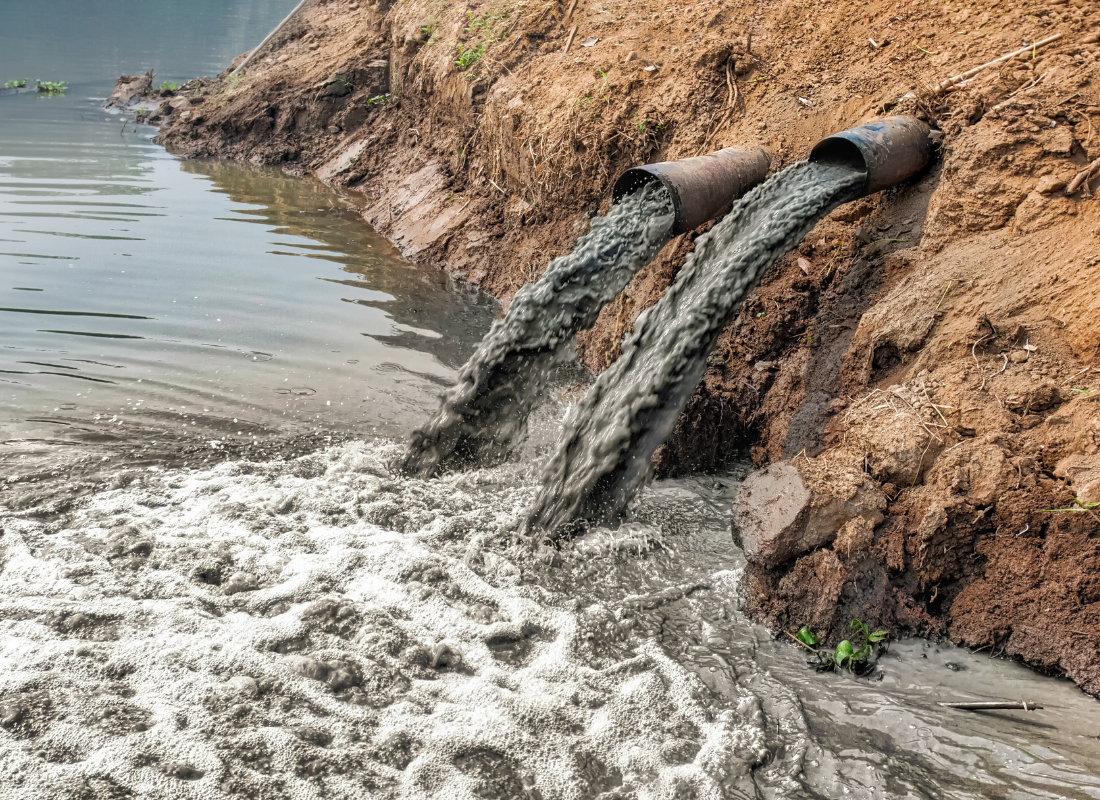 Nutrient pollution, primarily from agricultural runoff and wastewater discharge, contributes to the proliferation of harmful algal blooms (HABs) in coastal waters.
Nutrient pollution, primarily from agricultural runoff and wastewater discharge, contributes to the proliferation of harmful algal blooms (HABs) in coastal waters.
These blooms can produce toxins that are harmful to marine life, causing mass fish kills, marine mammal strandings, and the death of coral reefs and seagrass beds.
Additionally, HABs deplete oxygen levels in the water, leading to hypoxic or “dead zones” where marine species suffocate and die. Nutrient pollution also fuels the growth of invasive species, further disrupting marine ecosystems and biodiversity.
Climate Change
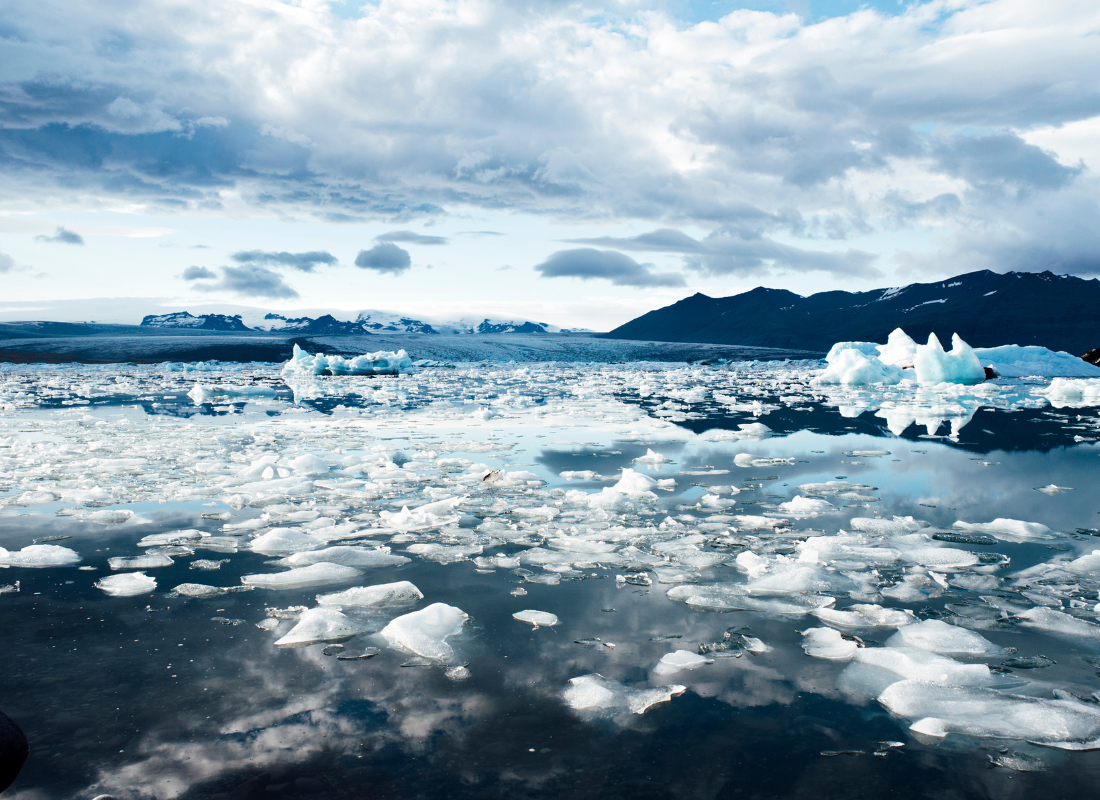 Climate change exacerbates the impacts of pollution on marine species and ecosystems, compounding existing threats and increasing the frequency and severity of environmental stressors.
Climate change exacerbates the impacts of pollution on marine species and ecosystems, compounding existing threats and increasing the frequency and severity of environmental stressors.
Rising sea temperatures, ocean acidification, and changing ocean currents alter marine habitats and disrupt the distribution and behavior of marine species.
Coral reefs, in particular, are highly sensitive to climate change, facing bleaching events, disease outbreaks, and reduced calcification rates as a result of warming seas and acidifying waters.
Conclusion
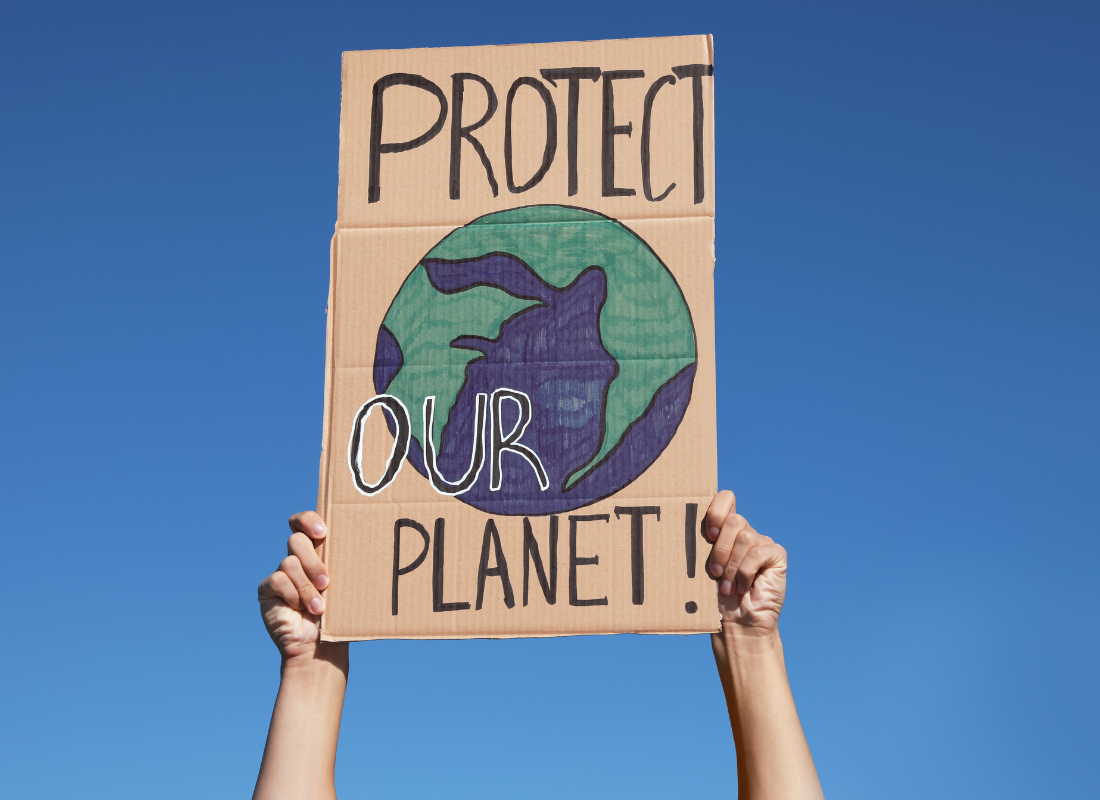 The devastating consequences of pollution on marine species underscore the urgent need for action to address this global crisis.
The devastating consequences of pollution on marine species underscore the urgent need for action to address this global crisis.
Efforts to reduce plastic pollution, minimize chemical contaminants, prevent oil spills, and mitigate nutrient runoff are essential for safeguarding the health and resilience of marine ecosystems.
Additionally, addressing the root causes of climate change and implementing measures to mitigate its impacts are crucial for ensuring the long-term survival of marine species and ecosystems.
By prioritizing conservation efforts and promoting sustainable practices, we can protect marine life for future generations and preserve the biodiversity and beauty of our oceans.




